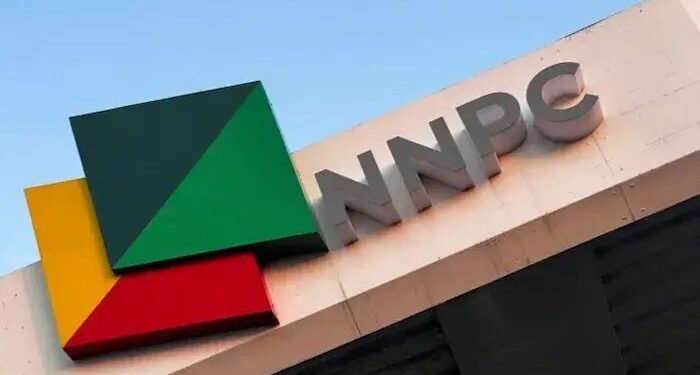The Nigerian National Petroleum Corporation (NNPC) is seeking to secure an additional $2 billion in crude oil-backed loans from international creditors to enhance its financial inflow, according to sources familiar with the matter and confirmed by Reuters on Tuesday.
NNPC is in discussions with international creditors to raise an oil-backed credit facility.
The loan is intended to support NNPC’s various business activities, including production growth.
Background and Financial Context
– NNPC is currently dealing with a $6 billion backlog owed to international oil traders, exacerbated by the recent removal of fuel subsidies.
– The corporation has previously secured a $3.3 billion oil-backed loan from Afreximbank, used to shore up Nigeria’s foreign exchange reserves and address FX challenges following the subsidy removal and forex market unification.
Statements from NNPC
– Group Chief Executive Officer (GCEO) Mele Kyari stated that the loan is for normal business operations and not an act of desperation.
– He emphasized that the loan would be syndicated with long-term partners of NNPC.
Challenges and Strategic Importance
– The existing $3.3 billion loan from Afreximbank, secured at $65 per barrel with approximately 90,000 barrels of crude oil earmarked for repayment, has proven insufficient amid rising subsidy costs.
– NNPC faces significant financial strain due to increased fuel subsidy expenses and owes $6 billion to international oil suppliers, causing some traders to withhold refined products.
Impact on Fuel Prices
– Despite the cap on fuel prices following subsidy removal, NNPC must cover higher landing costs of petrol due to international crude price increases and naira devaluation.
– The firm has struggled to meet payment terms with oil traders, leading to mounting debt and delayed payments for imports.
Sectoral Investment Challenges
– Nigeria’s oil and gas sector suffers from underinvestment, with major oil companies hesitant to explore due to oil theft and a challenging economic environment.
– The country’s crude oil production remains below the target of 2 million barrels per day, limiting its ability to leverage high international oil prices and secure adequate foreign exchange earnings.










